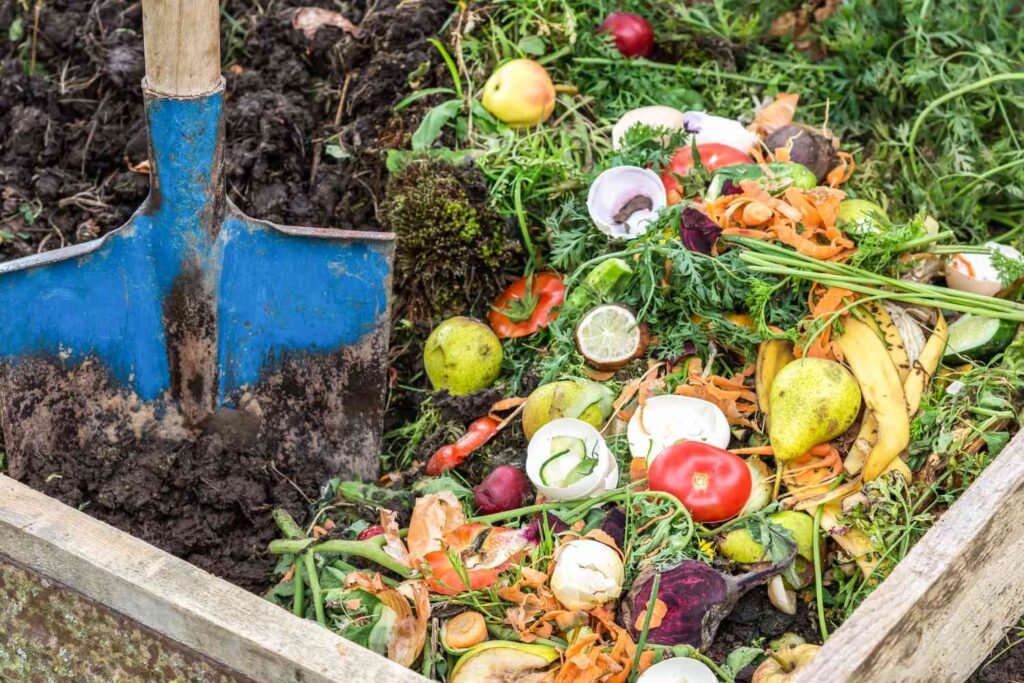The municipal solid wastes generated by rural households are one of the global challenges. The wastes are largely organic and biodegradable, but their handling presents a serious problem when they are not separated. All combinations of treatment methods, from composting and anaerobic digestion to refuse-derived fuel production, incineration, material recovery facilities, and sanitary landfilling, are possible and necessary ways of waste management. On this note, the waste-to-energy combustion plants have become key solutions in these regards. These plants take in the organic fraction of household waste and convert it into energy, thereby reducing landfill burdens and, more importantly, GHG emissions.
In rural areas where infrastructure for waste management may not be so developed, efficient solutions like skips for hire for waste collection can do a lot in terms of better handling of waste to promote sustainable development. Such methodologies must be embedded in any waste management policy to improve environmental performance and resource recovery. In this article, we’ll delve into the best solutions for waste management in rural areas.
Integrated Waste Management Strategies
The strategies for integrated waste management are very critical in the effective handling of waste in rural areas. These entail varied methods and technologies to manage waste efficiently and sustainably in a holistic way. In the same breath, in a rural setup where resources may be limited, a holistic approach is necessary for effectively handling all kinds of streams arising from wastes, including organic, recyclable, and non-recyclable materials. Source reduction is an essential element of integrated waste management.
It can be attained through education offered to rural communities regarding source reduction. This is possible through such practices as minimizing packaging and selecting products that have a longer useful life. Another very important aspect of waste management is the segregation of wastes at household levels. There is a need to segregate wastes into organics from recyclables and non-recyclables to ease subsequent processes.
Composting and Organic Waste Management
Composting is a manageable way of handling organic waste that forms a large proportion of rural waste. It helps communities reduce the amount of waste disposed of in landfills by turning mostly organic materials such as food leftovers, wastes from gardens, and agricultural residues into nutrient-rich compost. Setting up composting systems in rural areas will require the education of the residents in proper segregation and preparation of the organic wastes.
Small-scale units of composting or community composting programs may be set up to deal with house and farm wastes. These could be managed at the local level by volunteers or civic organizations to ensure efficiency in the composting process and the quality of the finished compost. Rural communities could be derived from the promotion of the use of compost in farming. Compost is going to enhance the fertility of farmers’ lands, hence leading to increased crop yields and less consumption of artificial fertilizers. This contributes to sustainable agriculture and also closes the loop of turning waste into a resource.

Anaerobic Digestion and Biogas Production
One more promising technology in managing organic waste in rural areas includes anaerobic digestion. It is a process of decomposition of organic matter by microorganisms in the absence of oxygen, resulting in biogas. Biogas can be used as renewable energy, whereas digestate may become a high-quality fertilizer. Anaerobic digestion systems can offer several rural benefits. For example, small anaerobic digesters could be installed directly on farms or in community centers, thus enabling the treatment of animal manure, food waste, and other organic wastes.
Recycling and Resource Recovery
The efficient management of waste the central components of which are recycling and resource recovery is critical in the rural setup. This is true in most instances because paper, glass, and metals, among other materials, are overlooked in rural areas. In these regards, recycling programs and facilities for the same help divert useful materials from landfills, hence promoting the conservation of natural resources while reducing environmental impact.
For proper functioning, rural recycling programs need convenient drop-off locations or collection services. Community-based transfer stations, serving as sorting and processing centers, are termed recycling centers. The education and outreach of the program have significant impacts on residents’ willingness to participate in the recycling programs and sort their waste properly. Resource recovery is what goes beyond reuse and recycling to recover other valuables from waste streams.
Conclusion
The integrated strategies of handling waste, such as composting, anaerobic digestion, and recycling, are feasible technologies that would help rural communities sustainably manage the waste and alleviate their environmental impacts while giving rise to resources valuable in their use.
Visit nytimer for more.




